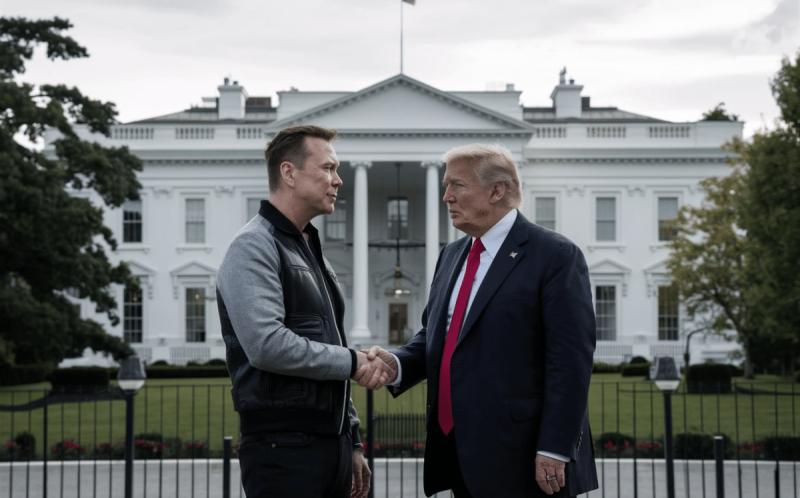
- galaxy
- 07 Nov 2024 01:29 AM
- Trump Elon Musk, Starlink India, India telecom industry, India 2024 tech news
In his victory speech after the 2024 US presidential election, Donald Trump showered praise on SpaceX CEO and X (formerly Twitter) boss Elon Musk, calling him an "amazing guy" and a "super genius." Trump highlighted how Musk's Starlink satellite internet service had been a lifesaver in the aftermath of Hurricane Helene, illustrating its potential to provide reliable internet connectivity to the remotest areas of the globe.
This endorsement has sparked a renewed buzz in India about the possible arrival of Starlink, which has faced regulatory challenges in the country. Since 2021, Musk's efforts to introduce Starlink to the Indian market have been stymied by bureaucratic hurdles, including the requirement for licenses from the Department of Telecommunications. However, recent policy changes have given Musk hope that Starlink could soon enter India’s satellite internet market.
In October 2024, India’s Communications Minister Jyotiraditya Scindia announced that the government would be allocating satellite spectrum administratively, which could pave the way for Starlink and other global players to offer satellite-based internet in India. Musk has expressed his intention to serve the people of India with Starlink, especially in rural areas where traditional broadband is either unavailable or unviable.
Starlink’s technology uses a constellation of thousands of low Earth orbit satellites to provide high-speed internet without the need for traditional cables. While this service may not have a significant impact in urban areas, it has the potential to bridge the digital divide in underserved and remote regions. Starlink already has over 4 million users worldwide and could become a game-changer in India’s telecom landscape.
However, the push for satellite internet in India has sparked a rivalry with local telecom giants like Mukesh Ambani’s Jio and Sunil Bharti Mittal’s Airtel, both of which have a significant presence in the Indian market. While Jio has called for spectrum to be auctioned fairly, Airtel is also concerned that satellite companies will be given preferential terms that could harm competition. According to reports, local telecom companies are lobbying for higher spectrum prices for global players like Starlink, arguing that they should be treated on equal footing.
As the regulatory landscape shifts, the competition between global and domestic telecom players is set to intensify. If Starlink can navigate India’s regulatory maze, it could bring much-needed internet access to underserved areas, particularly in rural regions. However, it remains to be seen how local players will react to the potential disruption posed by satellite internet.





































